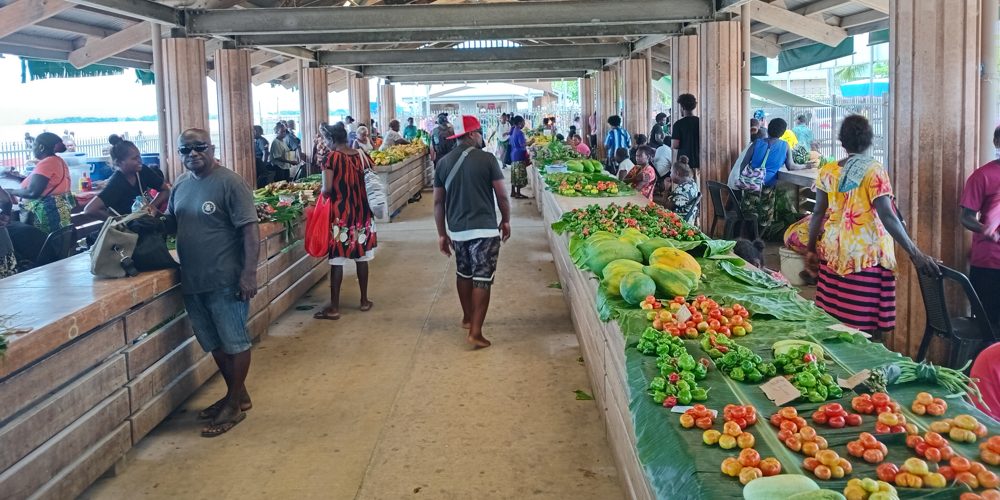The vibrant New Year’s (NY) Eve and New Year celebrations in Gizo, the provincial capital of Western Province, have come to a close, and the island town is gradually returning to its usual rhythm.
The bustling streets, once filled with the sounds of music and laughter, are now quieter, though the lingering festive spirit can still be felt.
Locals and visitors alike are returning to their daily routines, businesses are reopening their doors, and the island is slowly shedding its celebratory attire.
While the excitement of the past nights has subsided, the memories of the vibrant cultural performances outside Gizo in the islands, homes, and resorts, the delicious food, and the sense of community will remain for many to reflect on 2024.

For working-class people in Gizo, some are still taking their holiday leave, especially workers of the provincial government. For companies and other organizations, working hours have returned to the normal routine. However, the town is still somewhat empty as many people are still enjoying their holiday mood back in their respective island homes.
For market vendors, especially women coming from the surrounding neighboring islands such as Vella Lavella, Rannogga, Simbo, and Kolombangara, supplying fresh fruits, vegetables, and gardening root crops, their visits to the Gizo main market continue uninterrupted. This is their primary activity to earn an income for their survival while also providing Gizo residents with healthy food.
In the fish section of the Gizo market, an abundance of fresh fish, tuna, and other varieties of seafood are still being sold at the market with reasonable prices. However, when the tuna fish price is low, all the reef fish prices tend to be more lower, controlled by the fishermen.

Through observation, the paper noticed that prices of goods in some shops have increased without proper justification.
Many customers have also already raised complaints about some foreign-owned businesses in Gizo marking up their own prices.
This sparks concern for the Price Control Unit from the Top Ministry regarding their ability to effectively carry out their duties this year.
Moreover, with the ongoing experience of cash flow shortages, many citizens are struggling and finding ways to cope with the rising cost of living in 2025.
With the start of the school academic year’s first semester just two to three weeks away, parents and guardians will need to find alternative ways to afford school fees and supplies for their children. While all parents are not in the same financial situation, with some self-employed and many unemployed, the struggle for children to continue their education will persist.
By ULUTAH GINA
Solomon Star, Gizo









